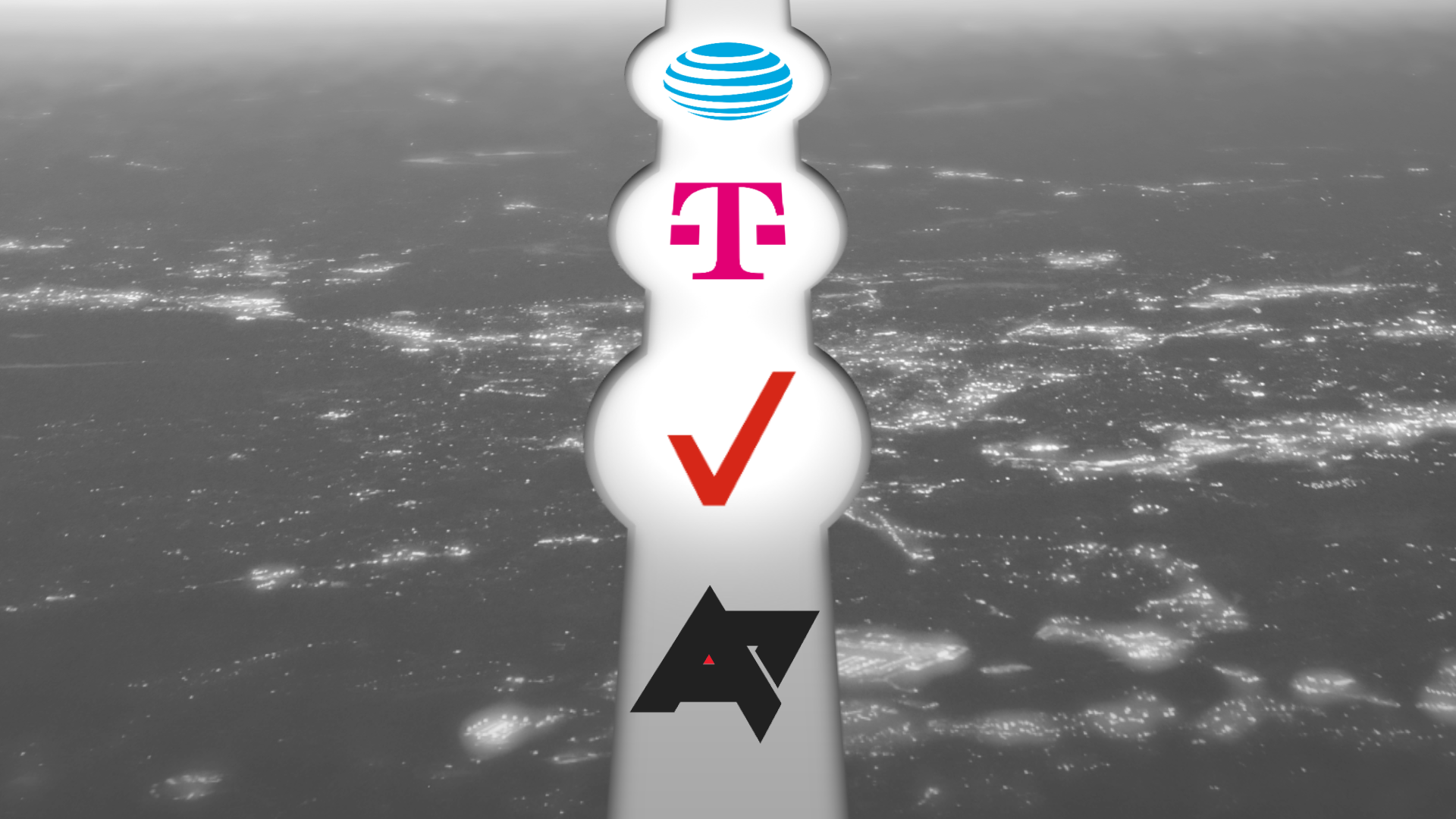Summary
- AT&T, Verizon, and T-Mobile have been fined $10.22 million for deceptive advertising as part of a multistate investigation.
- As per the settlement, carriers are required to stop publishing misleading ads about unlimited plans, while providing all the important details in their marketing materials.
- Small fines may not deter carriers from repeating offenses, and some of these costs could potentially be passed on to the consumers.
The Big Three US mobile carriers — AT&T, T-Mobile, and Verizon — are constantly at odds with each other, trying to outmaneuver and undercut their rivals with attractive pricing and promos. Although these brands spend big on marketing dollars, sometimes they can go a little overboard with their promises. A multistate investigation between 50 state attorneys general has now found that all three carriers practiced deceptive advertising to lure customers.

Verizon vs. AT&T: Which is the best carrier for you?
AT&T and Verizon are two of the biggest carriers in the game, thanks to their excellent coverage, but how do they stack up?
A press release by the office of New York Attorney General Letitia James lays out the settlement details, announcing a combined fine of $10.22 million ($10,224,135). This roughly translates to $3.4 million each for the three carriers.
As per the agreement’s terms (PDF warning), AT&T, T-Mobile, and Verizon will be restricted from advertising their data plans as “unlimited” if there are hidden caps on them, whether it is by slowing down data speeds or through other means. The agreement also instructs carriers to “change their advertising to ensure that wireless service plans are accurately and fairly explained.”
Carriers are further required to properly explain promotions that claim to pay money for switching to their network, with specificity about how they’re getting paid, how much, and by when. Any hidden details about the plan will also have to be disclosed, ensuring customers know what they’re getting into.
Similarly, adverts promising a “free” phone are also required to show all the relevant information. The remaining portions of the agreement talk about making sure people know when they’re getting into a lease agreement and also backing up claims of “savings” with sufficient evidence or data. In addition to all these changes to advertising, carriers are also required to have a representative to communicate with the attorneys general and assist in resolving consumer complaints.
A drop in the ocean for the Big Three
This isn’t the first time that US mobile carriers have drawn the ire of US regulators, and likely won’t be the last. Just last month, the Federal Communications Commission (FCC) ordered AT&T, Verizon, and T-Mobile to pay over $200 million (combined) for unauthorized sharing of user location data. As was the case then, the quantum of the fines is disproportionate to the actual offense.
Fines are supposed to deter major corporations from making the same mistakes again. But smaller fines tend to have little to no impact in the long run, given that carriers are happy to pay off the fines and carry on with their business. There’s also the likelihood of carriers passing some of these expenses onto the consumers, which isn’t ideal.





